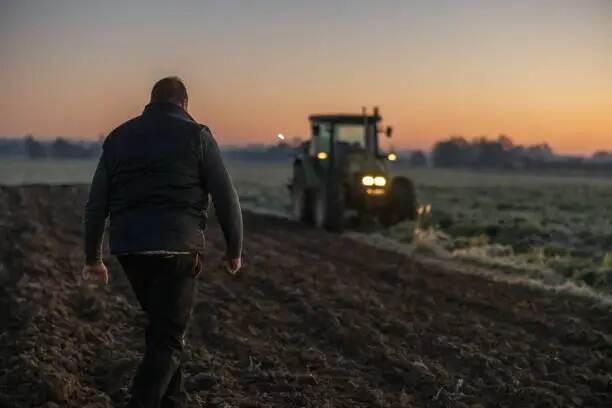Kazakhstan mulls cancelling recycling fees for farmers to stimulate upgrade of agricultural machinery
According to Senator Ali Bektayev, high recycling fees that farmers have to pay while purchasing new agricultural machinery have made them reluctant to upgrade their machinery. They prefer using their outdated and worn-out tractors and combines. On the other hand, farmers can’t afford Kazakhstani-made machinery as local producers heavily rely on expensive foreign details.

“As of 2024, a recycling fee for a tractor varies from 771 to 15411 euro and from 3330 to 17279 euro for a combine. These are significant sums for farmers. As a result, many farms stopped buying new machinery and switched to dismantling old vehicles for spare parts. I think the government would lose nothing if it dropped recycling fees for agricultural machinery,”Bektayev stated in his deputy inquiry to the cabinet.
The senator believes that the country currently lacks 65,000 tractors and 43,000 combines given the standard of five tractors and three combines per hectare. What makes things even worse is that 76% of the machinery is worn out.
Even though there are ten factories manufacturing agricultural machinery and eight plants producing self-propelled machinery in Kazakhstan, the current rate of farmers’ fleet upgrading is 4.5%, which means that the country would need 14 to 15 years to make good for the shortfall.
“Last year, these plants issued 5,400 tractors, 1,000 combines and more than 17,000 trailers and attachable equipment, supplying 80% and 30% of the agricultural industry’s annual demand for tractors and trailers, respectively. Unfortunately, the majority of details (58% to 56%) in this machinery have foreign origin. This is why these products are so expensive and farmers just can’t afford them,”he said.
Bektayev also noted that many domestic manufacturers do not produce simple agricultural equipment made of metal. The vast majority of Kazakhstani farmers purchase seeding machines and balers abroad. According to official statistics, the number of old cars (older than 20 years) is also growing in Kazakhstan. In January, authorities registered 134,500 passenger cars. More than 53,600 of them (37%) were older than 20 years, while vehicles aged from 10 to 20 years accounted for 30% (43,000). The share of new cars (aged under three years) has remained at 7.2% (10,700) for the second month in a row. The Ministry of Industry and Construction said it doesn’t plan to reduce recycling fees.